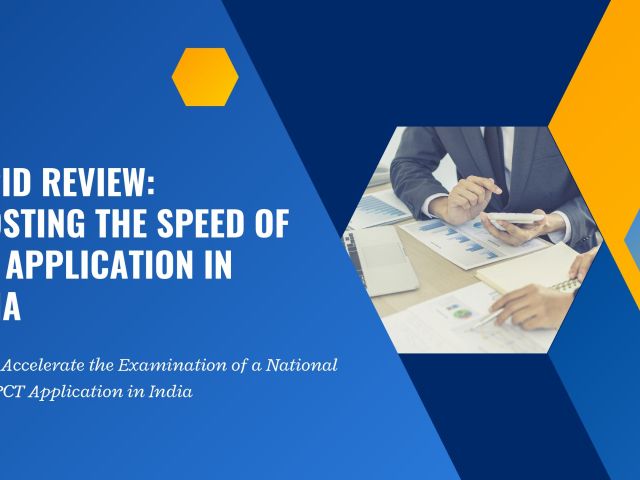Remdesivir is an anti-viral drug produced by Gilead Sciences Inc., an American pharmaceutical company, to be used in the treatment of “filoviridae virus infections.” The coronavirus also belongs to this category. Remdesivir has now become one of the most promising cures for coronavirus in many drug trials that have been conducted. Further, this drug has been declared to be essential for those COVID victims with co-morbidities such as diabetes and cancer. The Indian Patent Office granted a patent to Remdesivir under Patent No. 332280 as recently as 18th February 2020. Currently, this drug is in the clinical trial stage and has not received marketing approval yet.
The Cancer Patients Aid Association (CPAA) is a charitable organization working with underprivileged cancer patients. On 9th April 2020, CPAA wrote a letter to the Health Ministry and the Pharma Ministry asking the Central Government to revoke the Indian patent granted to Remdesivir under Section 64 of the Patents Act, 1970 (the Act) on the ground of non-patentability of a drug, and under Section 66 on the ground of public interest. If the Government revokes the patent, the drug will become more affordable as generic manufacturers will also produce it. It is to be noted that CPAA has only made this request to the Government in its letter.
Section 64 – Revocation of patents
For a patent to grant in India, the invention must satisfy three criteria – it must have novelty, be non-obvious and have industrial application, as per Sections 2(j) and 2(ja) of the Act. Section 3(d) states that a new form of a known substance such as salts, esters, etc. is not patentable. In its letter, CPAA claims that the specifications of the Remdesivir patent are new forms of a known substance, and therefore, it is not patentable. Another claim made by CPAA in the letter is that it lacks novelty and non-obviousness and thus, states that the patent may be revoked under Section 64(1)(d), (e), (f) and (k). Section 64(1)(d) states that the patent can be revoked if it is not an invention under the Act, 64(1)(e), (f), and (k) are the novelty, non-obviousness, and patentable subject matter requirements respectively.
Section 66 – Public interest
Section 66 of the Act states “Revocation of a patent in the public interest —Where the Central Government is of the opinion that a patent or the mode in which it is exercised is mischievous to the State or generally prejudicial to the public, it may, after allowing the patentee to be heard, make a declaration to that effect in the Official Gazette, and thereupon the patent shall be deemed to be revoked.”
In the present time of a challenging and unprecedented pandemic, the claim of public interest and public health is a decisive factor in the revocation of this patent. Article 21, which guarantees the right to life, also includes the right to health. There is an urgent need to make drugs like Remdesivir affordable and accessible to the general public. The Indian Government has revoked patents on the ground of public interest under Section 66 twice before. In 1994, the Agracetus patent for producing all forms of genetically engineered cotton was revoked in order to protect the rights of the farmers and to prevent damage to the Indian economy. In 2012, the Avasthagen patent for treating diabetes was revoked in the public interest and as it was going against traditional knowledge of medicinal properties of neem. Given these two precedents, there is a strong possibility for the revocation of the Remdesivir patent on the ground of public interest. A revocation under Section 66 will be an exercise of the Central Government.
One alternative remedy touted has been that of compulsory licensing. However, a compulsory license under Section 84 of the Act can only be granted after a period of 3 years from the granting of the patent. Keeping in mind that the Remdesivir patent was only issued in February 2020, and the urgency of the health crisis we are facing, this is not a feasible option. India has a vast potential for producing affordable alternatives to Remdesivir through its generic drug manufacturing industries. Revocation of the patent will allow these generic manufacturers to conduct research and manufacture these alternatives without the fear of a patent infringement suit against them. Keeping these various factors in mind, the revocation of Remdesivir patent must be considered by the Central Government.




